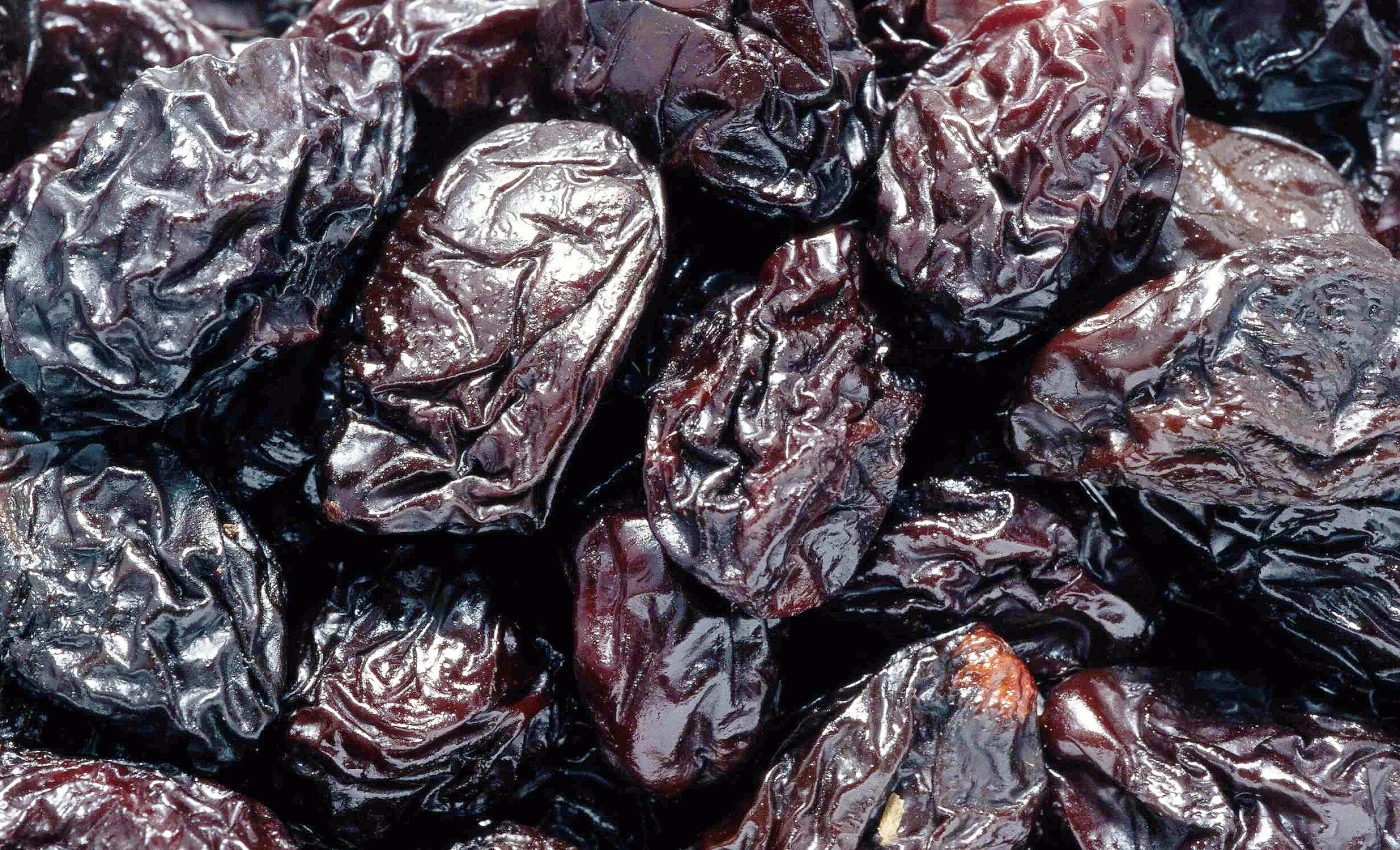
High-protein fruit strengthens muscles and bones in those over 45
Many adults worry about preserving muscle and bone as they grow older. Nutrient-packed foods can make a difference, and one fruit has been getting a lot of attention in this regard.
One of the researchers investigating this fruit’s benefits is Dr. Mary Jane De Souza from Penn State. Her work focuses on how it contributes to muscle mass and bone structure, especially in people over 45 who are facing the natural changes that come with menopause.
Why muscles and bones need extra attention
A gradual loss of lean tissue can affect physical performance. Reduced bone density can also leave a person more prone to fractures. Individuals who want a balanced and enjoyable life after 45 often look for reliable dietary strategies that fit into a simple routine. Some studies have begun to explore how particular fruits might fill that need.
Prunes contain a significant amount of nutrients, including vitamins and polyphenols. Polyphenols are chemical compounds linked with antioxidant properties that may support healthy cells. Researchers have suggested that prunes might not only aid digestion but also help keep muscles and bones in decent shape.
Unique elements in prunes
The discussion around prunes often highlights fiber, but that’s not the only draw. Experts have pointed out that prunes carry components that are important for muscle support. Some references have also shown they can increase levels of IGF-1, which plays a role in normal bone development and muscle growth.
There is also a natural compound known as sorbitol, and certain acids that can influence blood sugar management. Prunes appear to slow sugar absorption while helping the body handle glucose. Some studies connect these qualities to better energy balance throughout the day.
What the latest research found
“This is the first randomized controlled trial to look at three-dimensional bone outcomes with respect to bone structure, geometry, and estimated strength,” said Dr. De Souza. Scientists at Penn State tested how prunes affect bone structure in postmenopausal women. Their data suggests that a daily serving of prunes seems to slow typical bone changes seen in women after they stop having menstrual cycles.
In that investigation, people who ate at least four to six prunes per day saw noticeable stability in bone density measurements. The study showed that many participants who consumed prunes preserved bone quality over the course of a year.
Benefits for women after menopause
For women past 45, menopause means shifting hormone levels and a greater chance of bone mineral density loss. One trial revealed that routine prune intake kept certain bone markers stable in this group. One portion of research also highlighted how prunes help support cholesterol and antioxidant capacity.
Further data has shown that prunes are tied to a better gut environment. Some participants appeared to experience fewer changes associated with inflammation when adding prunes into their diets. Scientists theorize that healthy gut microbes and reduced inflammatory markers might have an important link to bone strength.
Researchers found that not everyone responds to prunes the same way. In one study, women with more diverse gut microbiomes were more likely to benefit from the fruit’s bone-supporting effects.
How many prunes may be helpful
Some experts encourage daily consumption of around 50 grams of prunes, which equals five or six pieces. This moderate serving size seems enough to deliver benefits without too many extra calories or sugars. People can easily add prunes to salads, cereals, or just enjoy them on their own.
Many individuals in research studies were also advised to take in enough calcium and vitamin D. That suggests a broader approach to diet and daily habits is still essential. Yet, prunes have a particular identity as an easy snack that adds fiber, minerals, and certain vitamins.
Why weight gain isn’t always the answer
Some participants in the control group, who didn’t eat prunes, still improved their bone density. These women tended to have a higher body mass index (BMI) and more body fat overall, which may have played a role in protecting their bones through increased weight-bearing pressure.
However, higher BMI can also lead to health issues like insulin resistance, which were seen in these participants. The prune group, on the other hand, gained bone support without relying on excess weight or related metabolic risks.
The promise of further exploration
While prunes are no substitute for medication or a doctor’s advice, some researchers see real potential in this fruit. They also emphasize getting a healthy mix of exercise, which might help maintain lean mass and bone density as people age.
Continued research points to a strong connection between natural compounds in prunes and measurable differences in skeletal support. More studies may clarify how prunes influence healthy gut bacteria or whether certain individuals benefit more than others.
The study is published in Frontiers in Nutrition.
—–
Like what you read? Subscribe to our newsletter for engaging articles, exclusive content, and the latest updates.
Check us out on EarthSnap, a free app brought to you by Eric Ralls and Earth.com.
—–













